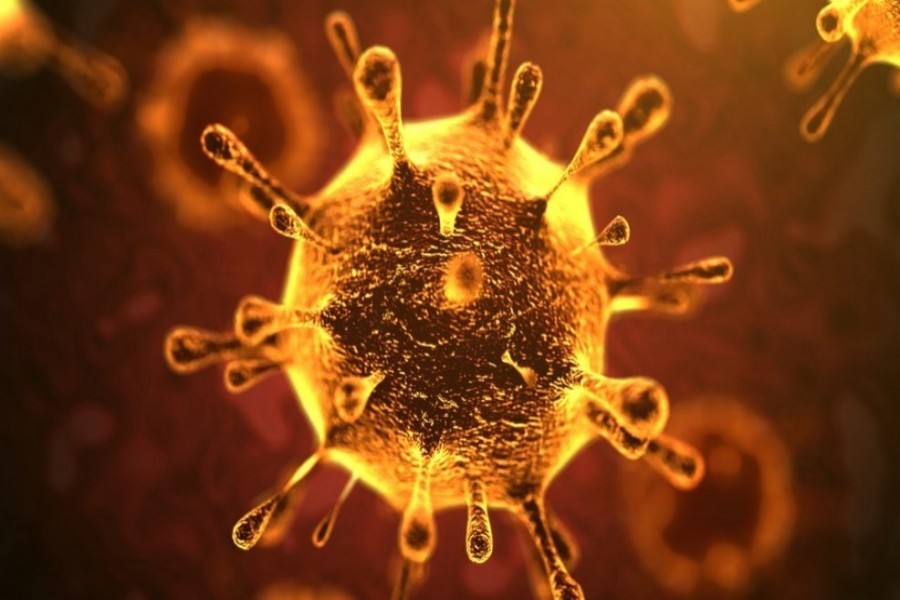Besides not being among the countries experiencing the impacts of a full-blown COVID-19 attack, the case of Bangladesh remains on the whole moderate. It has not yet enforced stringent measures like complete lockdowns or 'curfews' to restrain people's movements outside their homes. The prevailing situation, however, brings to spotlight a critical issue of the general people's level of awareness of a national crisis. In spite of a plethora of preventive measures including the 10-day restriction on people's movement by way of social distancing, army deployment to implement it and media campaigns, many in society have not taken them seriously enough.
Wilfully ignorant people in society still rule the roost. It has been evident in the couple of days before the start of the 10-day stay-at-home measure enforced by the government. After the announcement of the closure, lots of people, knowingly or unknowingly, took the measure as a serendipitous holiday. The step was aimed at warding off unnecessary crowding and contacts. Few however, realised that they would eventually aggravate the situation by increasing congestions in the less populated rural swathes. Many might also transmit the virus to and from remote areas. In the present situation related to the spread of the dreadful virus, the nation has few options except becoming not only serious but also cooperative. In crucial phase like the one people are passing through, there are no scopes for oversight of irresponsible behaviours.
The awareness campaigns relentlessly conducted by the government, private organisations and the media should involve community participation with mutual distancing to be effective. To add to the prevailing COVID-19 woes, as reported in a Dhaka daily, a number of persons were found missing upon their arrival in the country from abroad recently. Searches have been going on to track them down but in a number of cases incorrect addresses used in passports have made the task impossible. A wider sensitisation drive will have to be undertaken.
As has been reported by the media, many hospitals are yet to start admitting suspected novel coronavirus (COVID-19) patients. They cite the reason of their being ill prepared to treat the cases contracting the virus. The alleged meagre or half-hearted supply of PPE (Personal Protection Equipment) to doctors and nurses are also adding to the laidback stance of both private and government hospitals on taking in the suspected and, even, confirmed cases. Although test kits are being made available, and tests have been carried out on a small scale, unless many more are subjected to the procedures the true extent of contamination will remain unknown. The most prominent of inadequacies is however the dearth of isolated areas, beds placed at distances approved medically, and ICUs. It is true many hospitals are crammed, with little space for isolated corners or areas wide enough to accommodate beds distanced from each other. Experts suggest that this problem can be solved by turning to large hall-rooms or indoor stadiums that remain unused for a long time. No matter to what extent the hospital and COVID-19 treatment facilities are provided to cope with a situation fraught with incipient dangers, what strikes as a pivotal necessity is increased and updated awareness across the board.


